A TSF team recently provided training for members of the newly formed Caribbean Community Emergency Telecommunications Team (CETT).
The training took place in early July in Barbados, in the Caribbean. The Atlantic Hurricane season starts in June and usually peaks from August to October.
“The hurricane season is just starting and anything can happen, and we will have to apply these skills at some point in the region.”
Curtis, a participant in the latest training session.
Why the Caribbean?
The Caribbean is the second most disaster-prone region in the world with above 1,200 disasters between 2000 and 2019 affecting more than 152 million people. These disasters can affect telecommunication infrastructures and alter the need for a coordinated response between humanitarian actors.
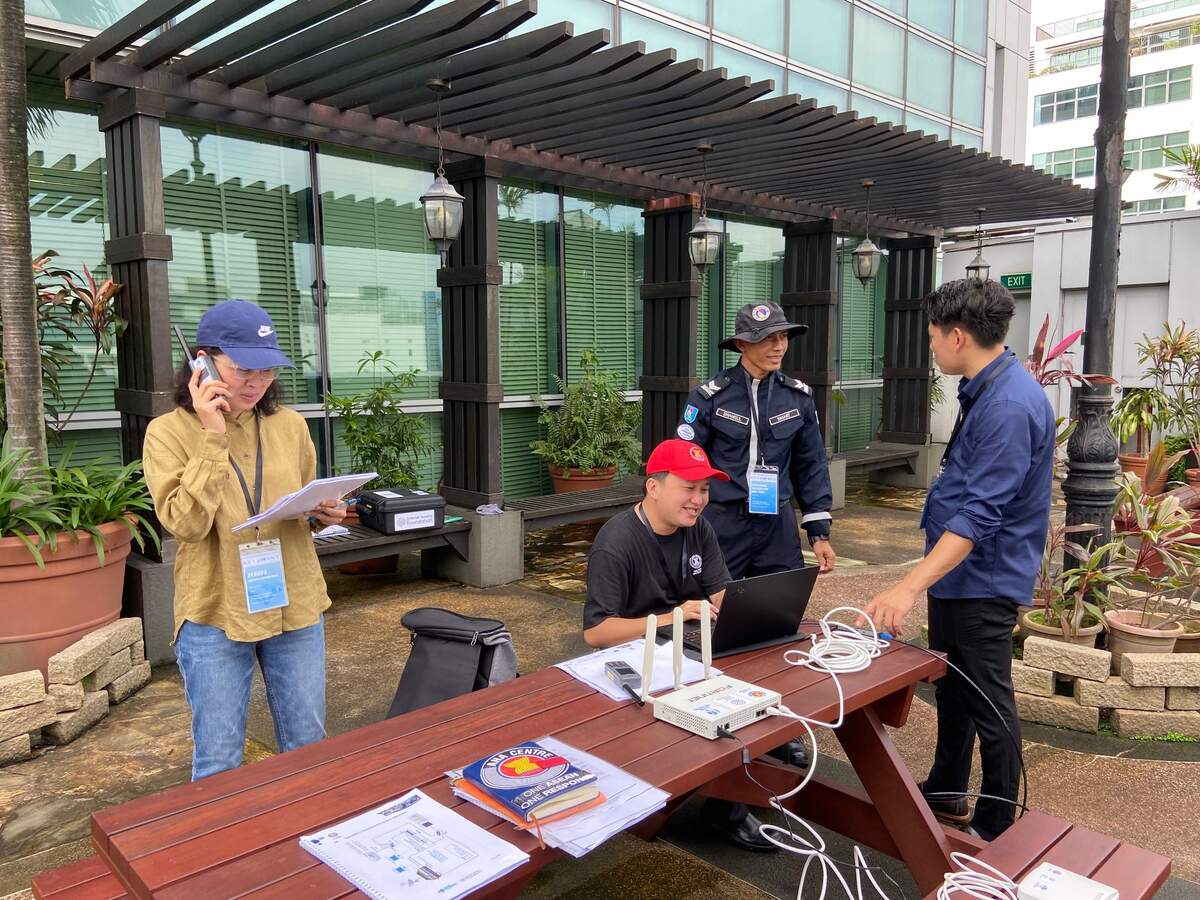
Resilience and collaboration
The overall aim of this mission is to contribute to the resilience of regions vulnerable to hurricanes such as South-East Asia and the Caribbean.
We work with organizations in the countries concerned, through intergovernmental organizations such as ASEAN for Southeast Asia and CDEMA for the Caribbean. This also allows us to prepare intervention and coordination early on, thanks to contacts we already know.
TSF is the first CDEMA partner to train the new CETT (Caribbean Community Emergency Telecommunication Team).
“With the right equipment and skills, the CETT can provide internet connection for emergency responders and the affected population.”
Diane, TSF staff working on the project.
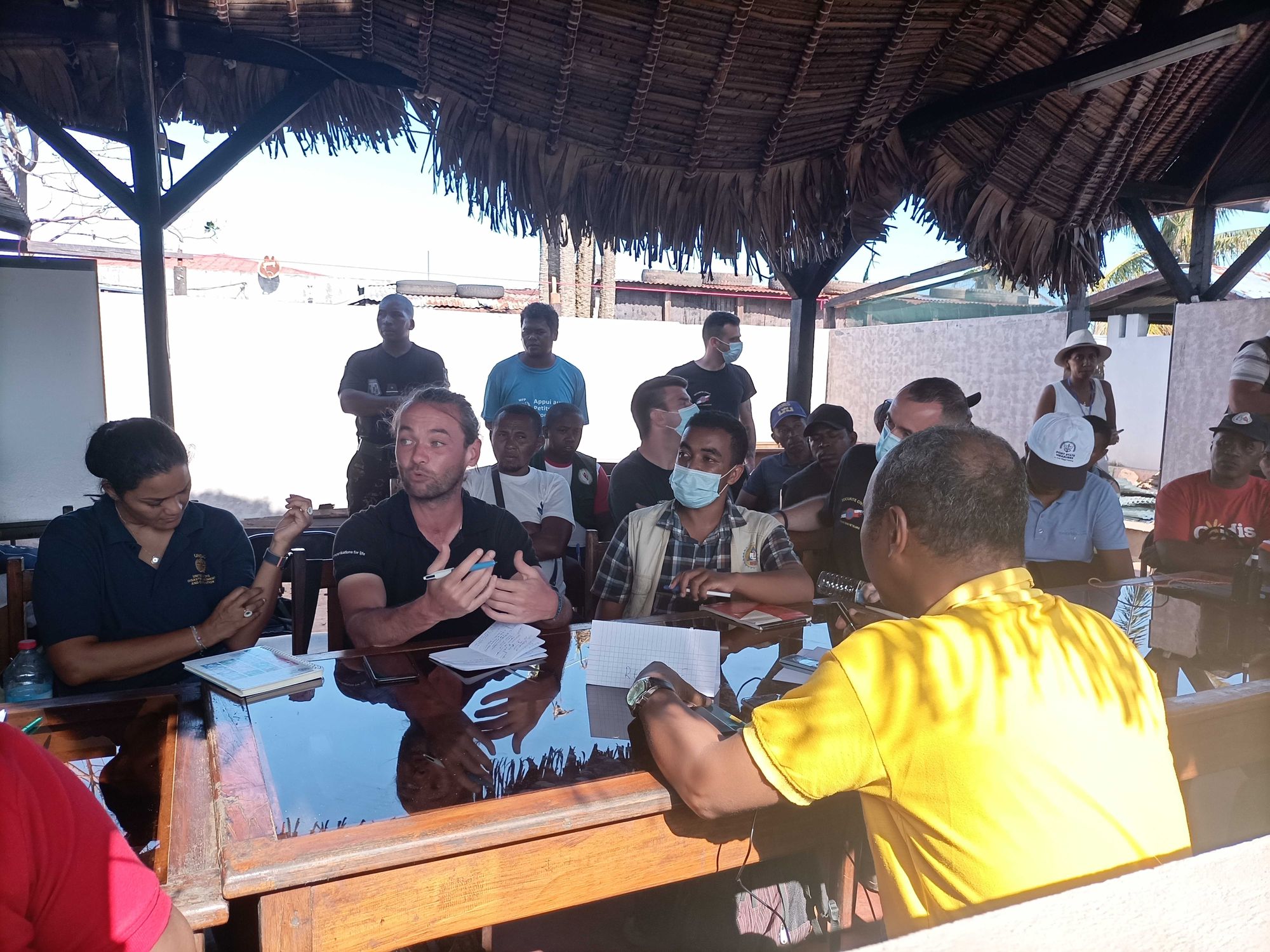
The impact of climate change
Extreme weather events are increasingly exacerbated by climate change, whether it's rising sea levels exacerbating floods or warmer temperatures worsening droughts.
Hurricanes, specifically, “will likely cause more intense rainfall and have an increased coastal flood risk due to higher storm surge caused by rising seas” says Angela Colbert, Ph.D.,
NASA’s Jet Propulsion Laboratory. Warmer sea surface temperatures also intensify tropical storm wind speed.
Satellite technology can provide much-needed communications during relief operations, and preparing ahead is essential.
Resilience and preparedness are useful when a crisis such as a hurricane strikes. They enable stronger and faster responses, which can save lives. However, until concrete measures are taken to combat climate change, extreme weather events will continue to increase in frequency and severity, and cause more and more damage.
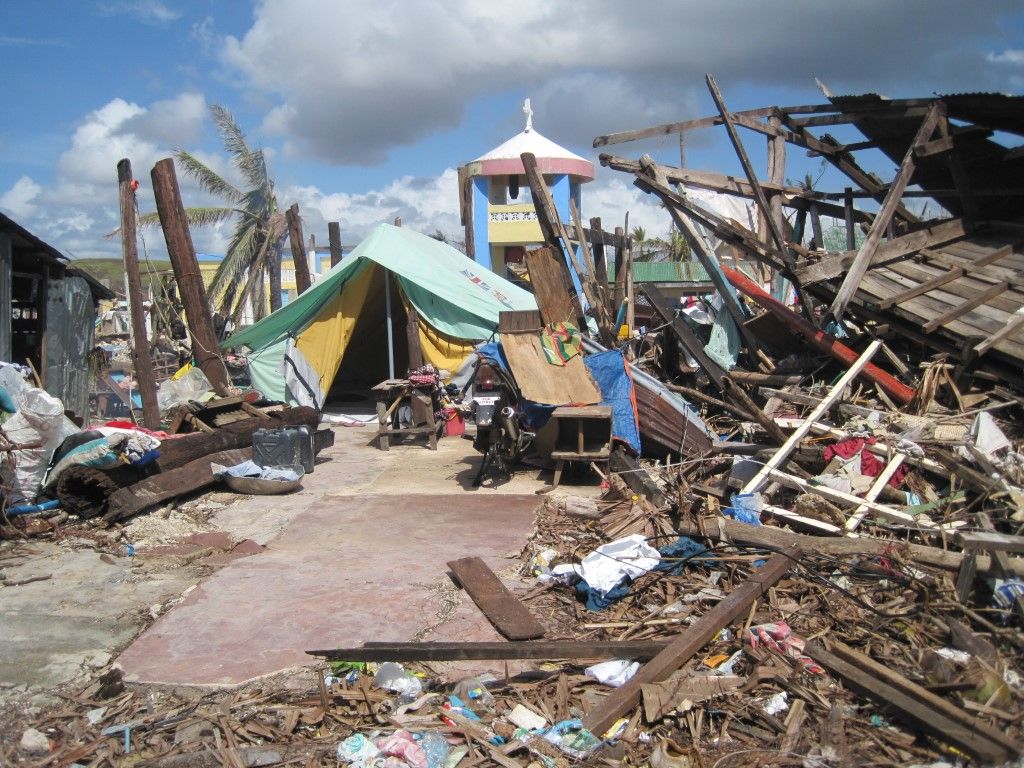


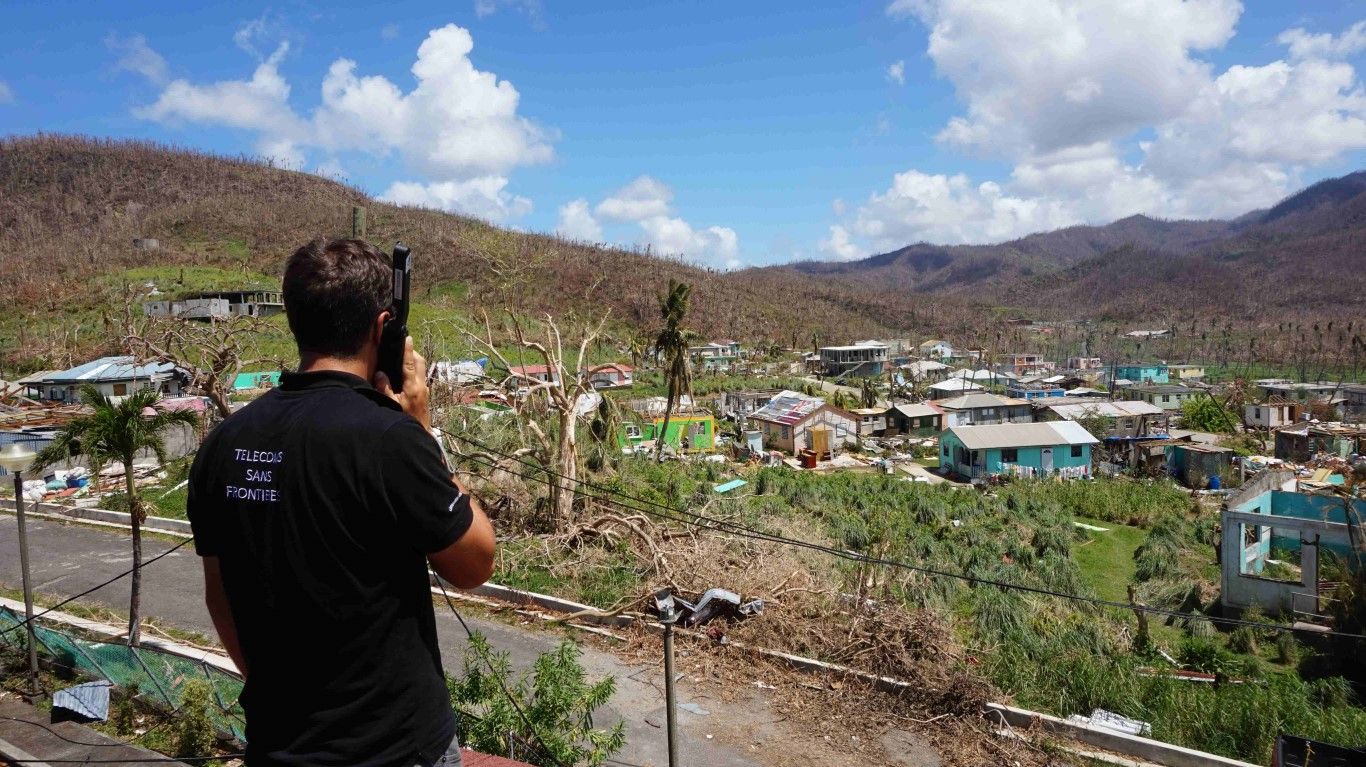





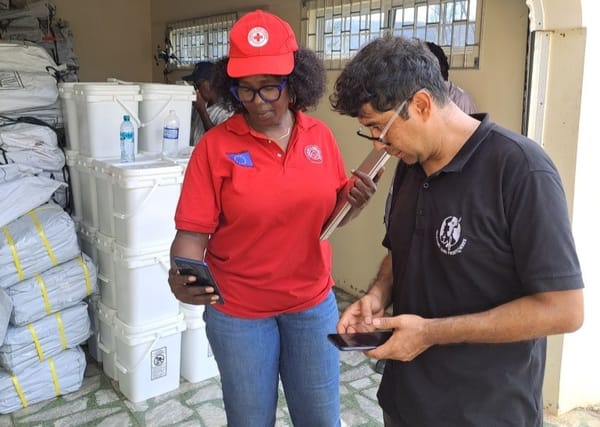

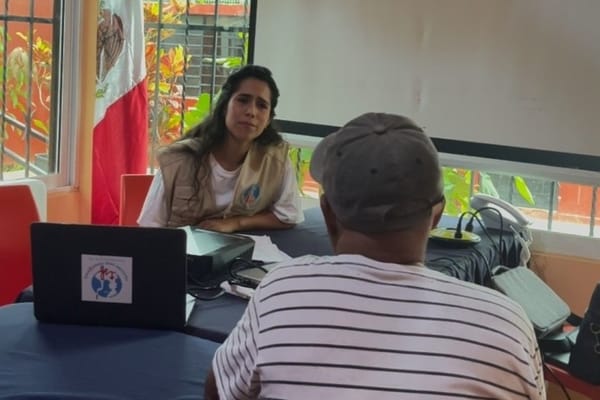
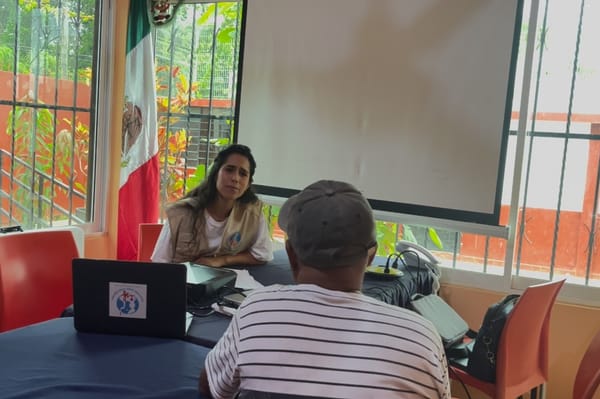
Member discussion